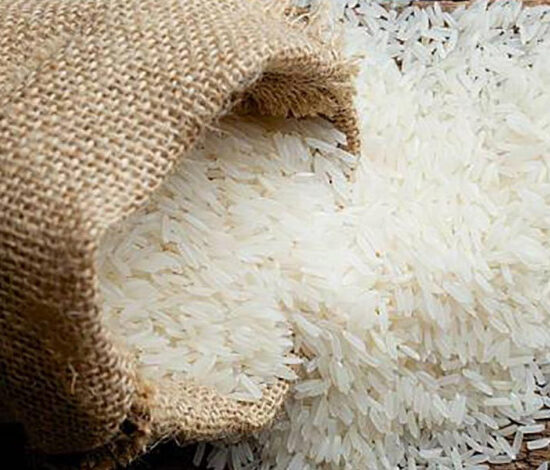When the Kwacha is perpetually under pressure and depreciating in value, many wonder why this is so. Apart from failure to negotiate with multinationals copper mining companies that control over 70% of Zambia’s export dollars to remit back into the country a significant portion of the proceeds, the Agro sector also continues to bleed.
According to the latest crop focus survey report announced by Agro Minister Mtolo Phiri, Zambia has again failed to locally grow enough to meet the country’s needs and recorded a wheat production deficit for the 2022/2023 Agro season of about 110,000 tons.
Wheat is now a strategic crop in Zambia especially in large cities and towns where bread and other wheat based confectionary products are heavily consumed as part of the daily breakfast meal and cereal.
Mtolo Phiri in his ministerial statement made available to the Zambian Business Times – ZBT, revealed that the country has recorded a net deficit of 108,561 (about 110,000) metric tonnes of wheat for the 2022/2023 agricultural marketing season.
At average international spot prices of $645 per ton in June 2023, Zambia will have to import wheat worth about $70 million, funds that could have been saved with adequate planning and necessary policy interventions.
A check by ZBT with local wheat farmers reveal that the locally grown wheat is now even the most preferred commodity by millers and the consumer market. The farmers say that local wheat seed varieties are doing well, but questioned the numbers, stating that the country is no
Zambia is endowed with extensive water resources, large rivers and streams, fertile soils that could be utilized to cut the existing deficit and even venture into the export market given the right policy and financing support.
Additionally, apart from creating local jobs and support business activities, saving of foreign exchange and helping to sustain the Kwacha stability, locally grown wheat sells about $100 less per ton on just transport and logistics savings compared to imported wheat.







